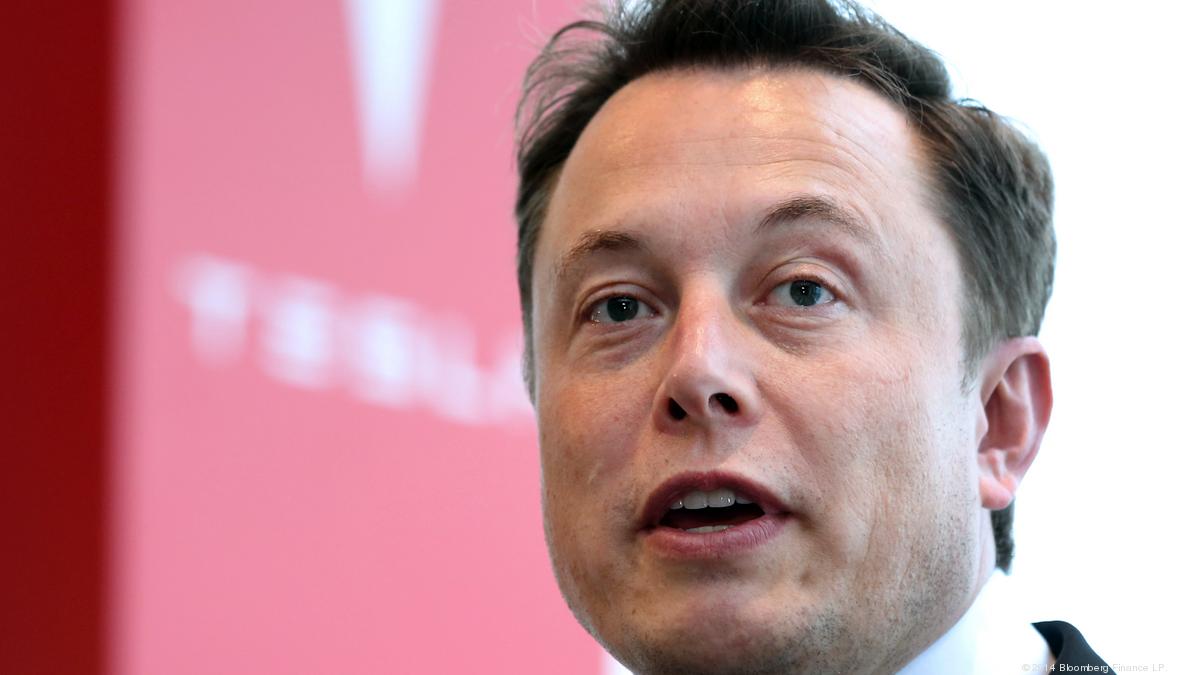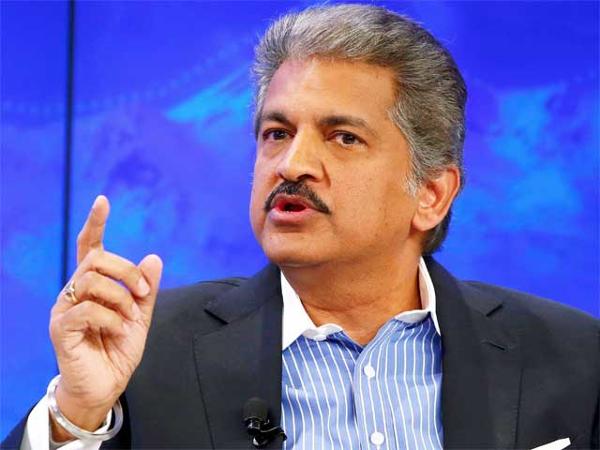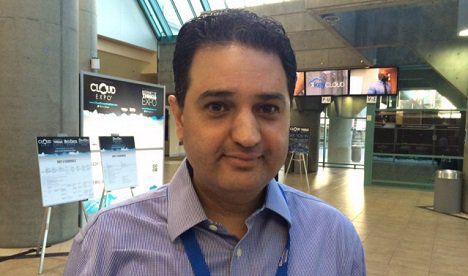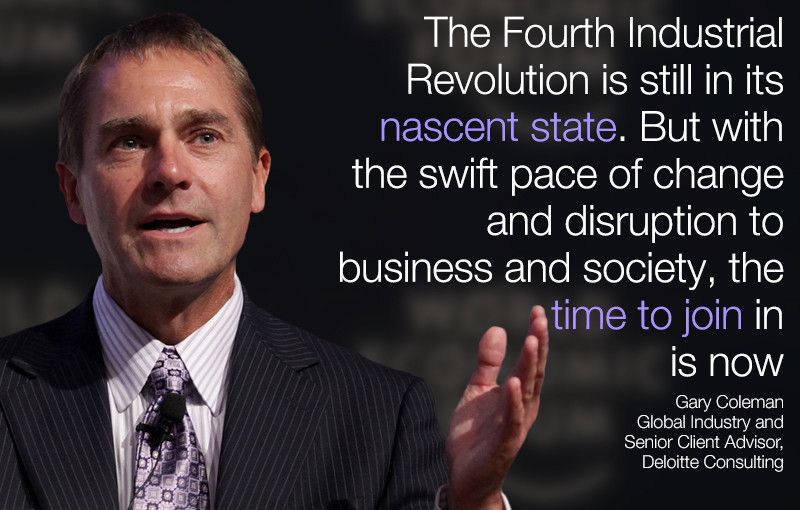The real opportunities of our future is when we truly integrate technology and genetics/ healthcare together to the point that technology benefits from learning and evolving from what we do in genetics/ healthcare; and genetics/ healthcare truly evolve through technology discoveries and evolution. Does this sound like singularity? Yes; however, this is when we truly see some amazing advancements in both fields. And, several investors (even in Silicon Valley) are investing in technology that is positioned to focus on evolving technology through healthcare.
Scientists have been quietly working for decades to crack the genetic codes that allow humans to live forever, or at least significantly longer.
And judging by the bits of information on this research that is beginning to leak into the mainstream of human discourse, the idea may no longer be far-fetched.
Stuart Kim, a genetics professor at Stanford University, recently appeared on Fox Business News speaking about his work in the field of “gene therapy.”








